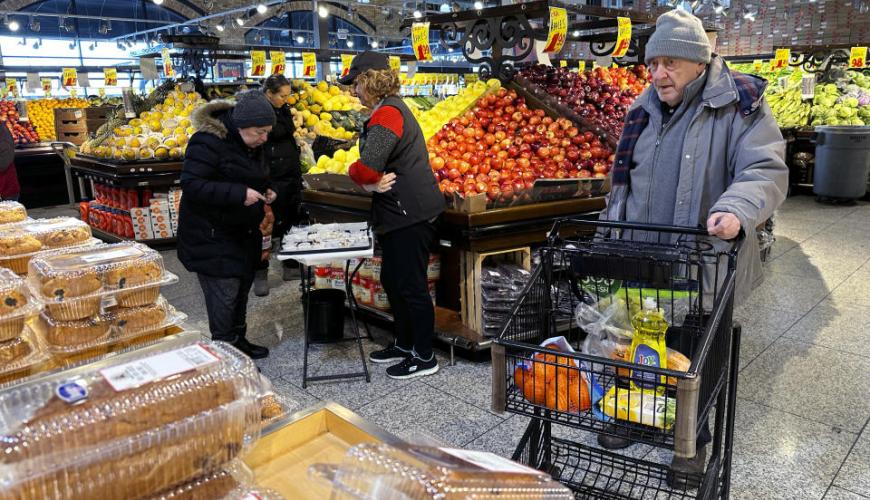Analysis of Inflationary Trends: Decrease in Prescription Drug Costs, Steep Hike in Pet Care
- 14 February 2024 2:03 AM

The last 22 months of rising prices continue to strain the American public even in the face of decelerating inflation. According to a recent statement by The Labor Department, the Consumer Price Index (CPI), which reflects the price for essential goods and services such as groceries, gasoline, and rent, increased 0.3% in January compared to the previous month. This is 3.1% higher than last year's prices, exceeding the Federal Reserve's 2% target.
Although costs for energy and many other goods are decreasing, the fundamental necessities like housing, food, and auto insurance are still on the rise. Overall, the consumer inflation rate remains a staggering 19.6% higher than in January 2020.
In terms of housing, the nation's renters continue to confront the impacts of inflation. Despite increased apartment construction in 2023, rental costs rose 6% from a year ago. However, increasing vacancy rates could stimulate lower asking rents. Redfin reports that asking rents declined 0.8% in December, registering an average of $1,964 nationwide. This is the third consecutive monthly decrease.
While the premium on maintaining household properties continues to climb, water and sewage maintenance saw an annual rise of 5.2%, and the garbage collection costs rose 6.4% compared to last year.
Food inflation is another concern. Grocery costs rose by 0.4% over the past month, and many food items remain expensive. The price of beef steak increased 10.7% compared to last year, and sugar prices spiked 7.2%. On the contrary, the price of eggs declined by 28.6% from January 2023. Eating out expenses also escalated, increasing 0.5% from December and up by 5.1% from a year earlier.
Driving costs were another burden, with auto insurance surging 20.6% year over year in January, the most significant increase since 1985. Simultaneously, vehicle maintenance and repair costs increased 5.7% and 7.9%, respectively. However, gas prices showed a relieving decline of 6.4% compared to the previous year.
The cost of nonprescription drugs rose 9.2% from a year ago, and prescription medications saw just a 0.4% increase. Moreover, the cost of attending sports events grew, with ticket prices up by 13.5% from a year ago. Cable and video subscriptions also registered an uptick, increasing 5.7% and 2.9% year-over-year, respectively.
Pet owners also faced escalating costs for food, supplies, and veterinary services. The latter saw a 9.6% increase from a year ago in January 2024, the largest increase on record. American Veterinary Medical Association data suggests some pet owners are delaying vet visits due to these costs.
Despite inflation dropping significantly from June 2022's peak of 9.1%, many essential items are yet to show price relief. While a decreased inflation rate doesn't mean a decline in prices, it indicates slower-paced price increases.
Overall, compared to pre-pandemic figures from January 2020, food prices rose by over 25%, gas prices increased roughly 20%, and rents saw a hike of 22%. Thus, the effects of the ongoing financial pressure remain evident as the country grapples with varied inflationary trends.
